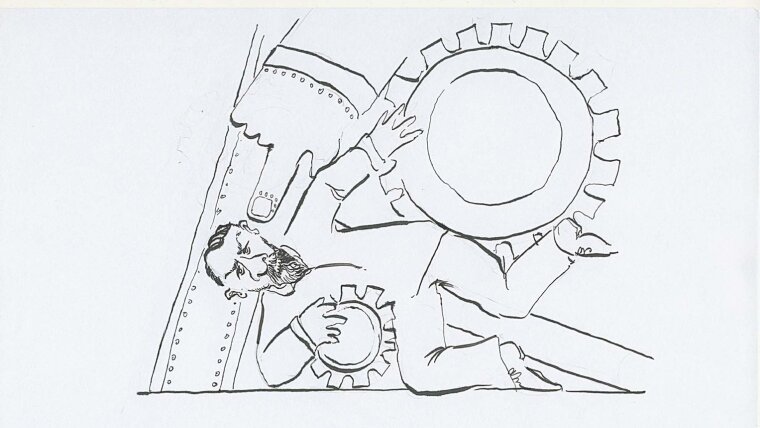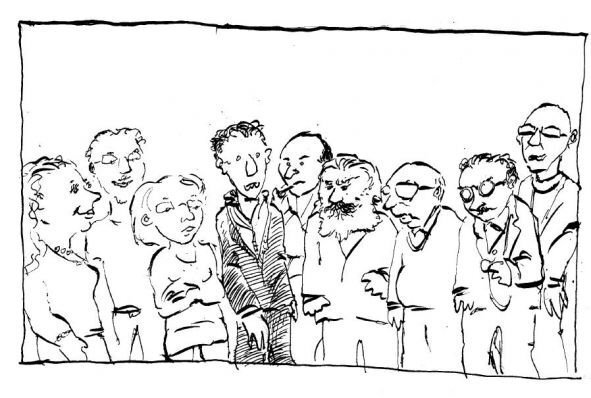
In this Section we examine knowledge in society in its practical contexts: how is the generation and dissemination of formal knowledge organized in the academic and education system? How is economically useful knowledge produced, who pays for it, and (how) can knowledge as property be clearly defined and deployed for profit? How does knowledge change in the age of digital information technologies? And finally, how do more informal areas of knowledge – from practical know-how to a basic knowledge of politics – develop? In addition to practical contexts, a key issue here is also the claims to validity associated with the term ‘knowledge’ – in other words, the extent to which those involved in academia or in politics, for example, can claim to possess objective knowledge, whether superior knowledge is possible in matters of political dispute, what form of academic organization gives rise to reliable standards of truth and falsity, and whether such standards are always desirable in cognitive terms. The broader context in which such issues are located is the theory of our society (or societies) as a whole. How is human co-existence structured (at present), how are the major economic, political and cultural orders of this co-existence (in different parts of the world) related to one another, and how do the mutual dependencies in question shape the very way we live our lives? The traditions of Social Theory in which the Section explores these questions range from classical political theories through to Poststructuralism and Systems Theory; particular emphasis is placed on Marxist analyses of the capitalist social order.
Gruppenbild
Image: Tilman Reitz
Room 286.1
Carl-Zeiß-Str. 3
07743 Jena
Google Maps site planExternal link
Opening hours:
Montag bis Donnerstag, 10.00-15.00 Uhr
Abgaben von Hausarbeiten usw. bitte im Sekretariat (286.1).
Anfragen bitte direkt an Tilman Reitz!
